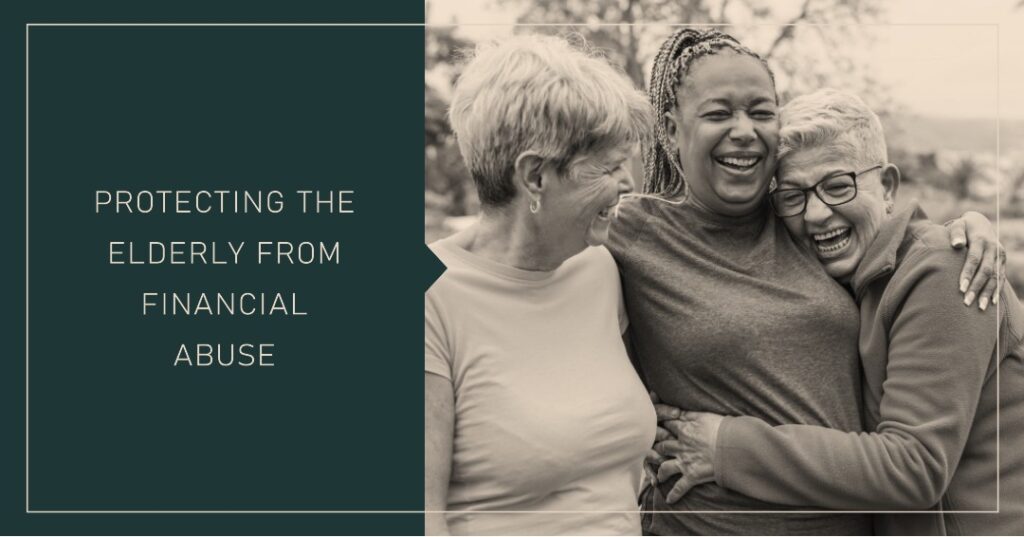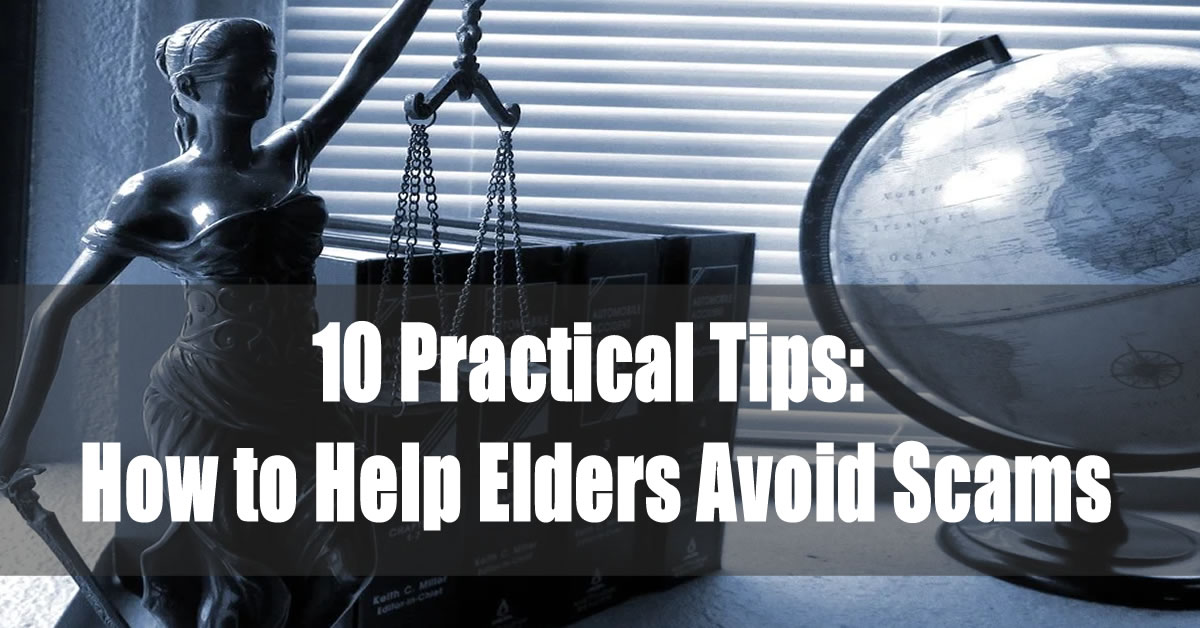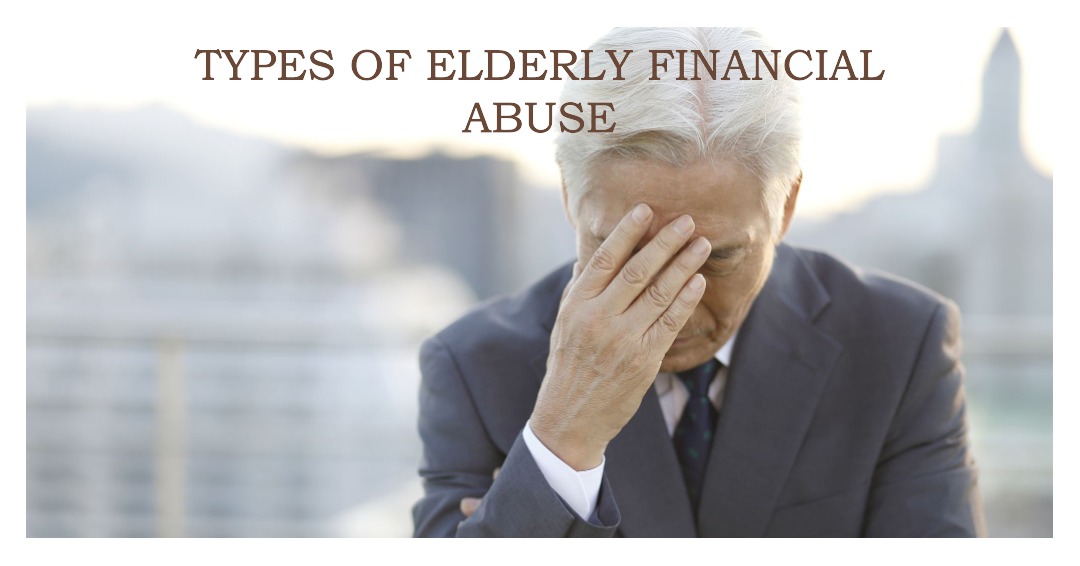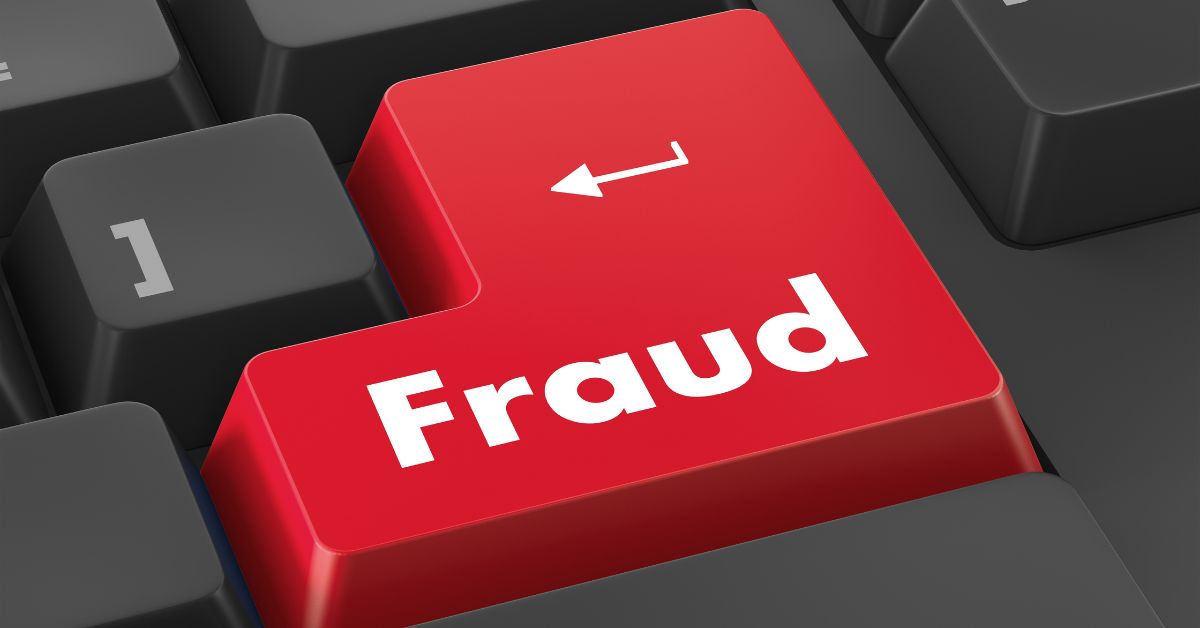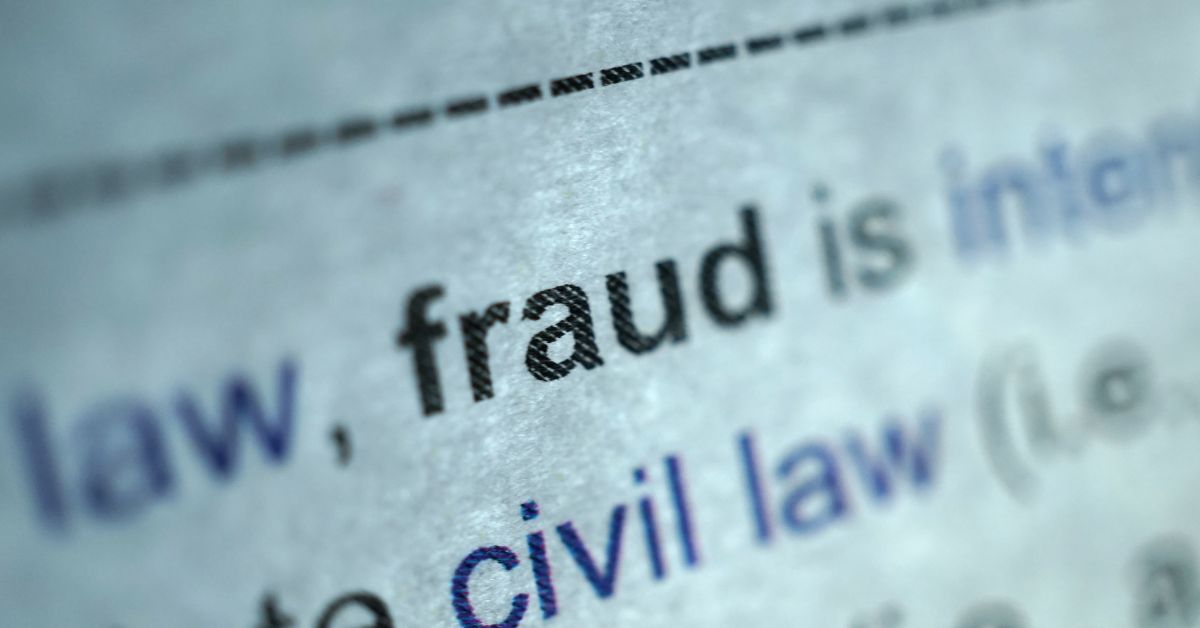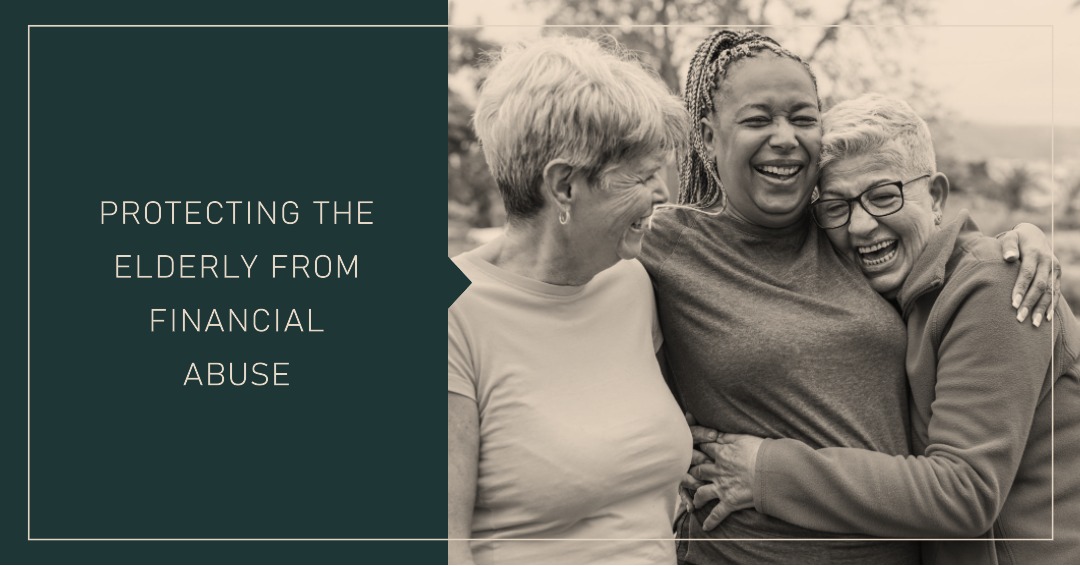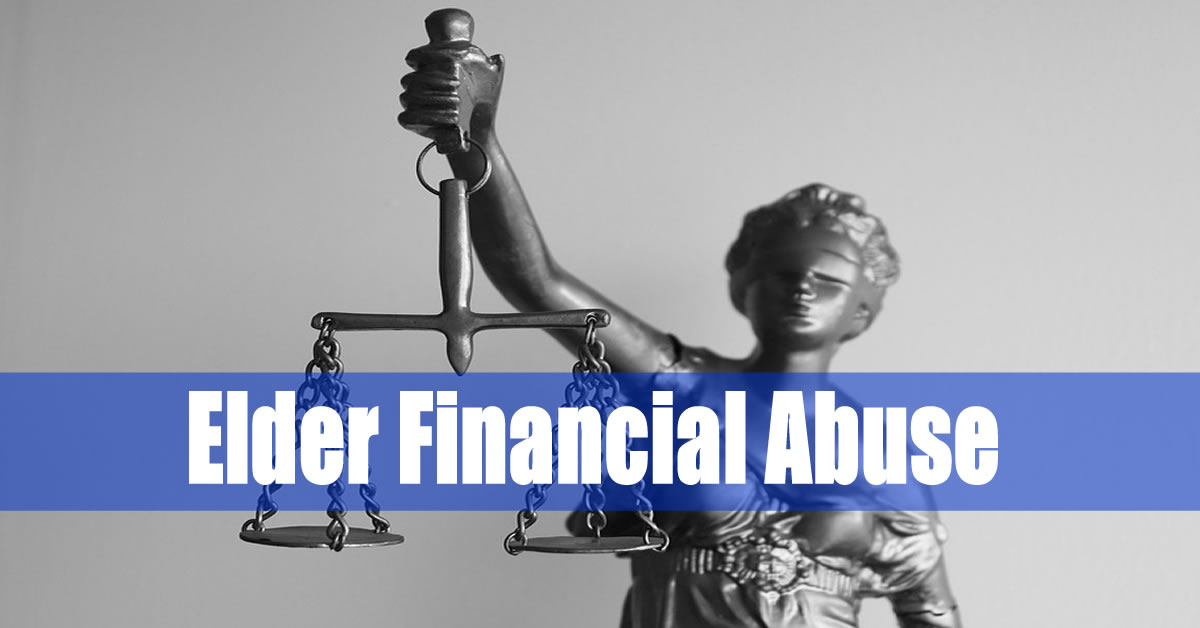When senior citizens are financially defrauded or exploited, it can throw their lives into chaos. The financial resources they’ve counted on can disappear. Their feeling of safety, security, and future, and their family’s future, can look bleak.
We understand. Haseklorn & Thibaut, P.A. concentrates on fighting financial fraud. We take pride in protecting our clients, including elders who have fallen prey to unscrupulous brokers.
With nearly 50 years of legal experience, Haselkorn & Thibaut knows how to fight for the rights of those who have been defrauded. Our experience as former licensed securities brokers and former defense attorneys gives us special insight into financial fraud matters. In addition, Mr. Thibaut is an active member of the Elder Law Section of the Florida Bar and serves on various committees within the Section.
We’ve handled all types of investment fraud cases. Whatever the nature of the fraud, we can help protect you and your loved ones. If you or a loved one has been financially exploited or defrauded, contact us today for a free consultation by calling 1-800-856-3352.
Nashville Senior Loses $230K As Financial Frauds Against Seniors Rise
Table of Contents
Paula Gilmore, now 85, is a recent victim of financial fraud against the elderly.
She started handing over money to the charismatic man who promised her better returns and help with managing her finances. Ten years later, she was poorer by $230K, as the promised investments never happened. The money, instead, went to the man’s personal account.
According to Amy Nix, Gilmore’s daughter, “he said he could make her a lot of money in a real short period of time. What happened was he made a lot of money in a short period of time… She had nothing left. He even tried to get her to cash in her retirement account.”
Court documents from the Department of Commerce and Insurance reveal that in his nearly decade-long scheme, he had achieved success with 17 victims. He posed as the owner of an insurance agency in Brentwood since disbanded. Most of the victims were elderly and vulnerable.
Nix weighed in and said, “He picked on people that were older, that were more vulnerable. He’s a super scammer. He’s got the charisma and the polish… They know how to do it very well. Some people can’t tell, like my mom. She just trusted him totally.”
Financial crimes against the elderly are on the rise
Elder financial abuse cases, such as wire fraud, caused combined losses of $32.5 million in Tennessee in 2021, as per the Tennessee District Attorneys General Conference.
The rise in cases of elder abuse, including physical abuse and neglect, is noted by Brittani Flatt, Assistant District Attorney for the 20th Judicial District, who handles almost 100 cases every month as a part of the Vulnerable Adult Protective Investigative Team.
“We’re seeing so many of these so often and it’s really horrible. I think with the uptick in social media and with electronics and the internet. it’s just a whole lot more prevalent, and we don’t want it to be,” Flatt says. “Sometimes these people are just unfortunately out of their money, and that’s sad. That’s sad for people who have worked their whole life to have savings.”
There was a jump of 35% in cases of wire fraud involving victims aged 65 and above, according to data from the Tennessee Bureau of Investigation. There was a rise of 92% in fraud by computer hacking. Fraud by false pretenses against seniors rose by 19% measured in 2017.
Components of elder financial abuse
Elder financial abuse involves the misuse of elders’ money and property. Abuse may take place in the form of withdrawals from joint bank accounts, use of an elder’s credit card, and refinancing his or her home. Often, the abuse is discovered only after the elder’s assets have been depleted.
The financial costs of elder financial abuse are staggering. Studies estimate that senior citizens lose hundreds of millions of dollars each year through various scams and fraud. The perpetrators are often family members, friends, or caregivers. Reporting financial abuse can be emotionally difficult and cause the elder to lose the companionship of those who care for him or her.
A red flag of possible financial abuse can be unexplained activity in an older person’s bank account or questionable charges on a credit card. Elders often have limited memories and may not remember major financial dealings. If this occurs, it is time to contact the appropriate authorities and make sure that your loved one is safe.
In addition to physical harm, elder financial abuse can lead to social isolation and financial exploitation. This type of abuse is more common than most people realize. According to the National Adult Protective Services Association, “the vast majority” of financial abuse cases involve elders. It can take many forms, including misappropriating cash, forging financial documents, or stealing Social Security checks. This type of abuse costs the nation $36.5 billion a year.
Elder financial exploitation can lead to a crisis that pushes older adults into support programs or losing their homes. This situation can also cause significant mental and emotional stress and can affect their health. Although there is a growing awareness of this issue, it is not enough to stop this type of abuse.
Elder financial abuse can be difficult to detect and is often best investigated in the early stages. It is important to contact an attorney if you suspect abuse.
Signs
Financial abuse can take many forms, but the most common sign is the disappearance of valuable items and money. It can also show up in more subtle ways, like a senior not being allowed to spend money. In addition, a caretaker might threaten to cut off their services if the senior does not pay bills on time.
Unusual activity in an older person’s account or questionable charges on a credit card are also red flags. Remember that older people can forget things, so if major financial dealings are occurring without the elderly person’s memory, it’s probably a case of elder financial abuse. You should report any suspicious activities to the police and your loved ones’ financial institutions. You should also be suspicious of suspicious signatures on bills or checks.
Often, financial abuse is more difficult to detect than physical abuse, as older people are less likely to report it. Sometimes, the signs of financial abuse can be more subtle, such as a senior citizen refusing to pay their bills or bank transfers. They might also fail to report a sudden increase in the number of personal loans or credit cards that they have. They might be confused about legal documents and are unable to read them.
Financial abuse can affect the elderly person’s relationships and mental state. The abuser may threaten to make the elderly person feel ashamed or embarrassed about their finances. And if the elder refuses to speak up, he may even be scared to say anything, making the situation more difficult to detect. This is where the role of family and friends comes in.
In-home care providers can take advantage of their client’s trust by charging for unauthorized services. They may also keep change from errands. They may even falsify time sheets. Inappropriate loans and reverse mortgages are also common. Older people can also be swindled into purchasing expensive annuities that use their equity. Internet phishing is another common form of elder financial abuse. This scam may trick the victim into giving their bank account information to a stranger. It could also result in the opening of fraudulent credit cards.
Reporting options
If you suspect your aging parent may be undergoing financial abuse, the first step is reporting it. There are several ways you can do this. Often, the person may not even realize he or she is being abused. The abuser might make them sign forms transferring ownership of their assets or write into a new will without their knowledge or permission. There are also many different ways that an older person can be tricked into giving financial information.
First, contact your local police department. You can also talk to your doctor and an attorney. Visiting a bank officer is another option. You can also contact the Adult Protective Services in your state. You may also want to contact your insurance provider. The company can help you get your money back if your loved one has been victimized by financial abuse.
In addition to reporting suspected abuse, make sure the person you are dealing with has power of attorney. Sometimes, an abuser will use a power of attorney to justify making changes in an elder’s affairs. This person may be able to access the elder’s bank account and spend money from the account without the consent of the elder. Be alert to any changes in your client’s condition, and consider obtaining a third-party review of the financial statements. If you notice that the person you are dealing with has been unable to make prudent financial decisions for the elder, it’s time to get help.
Reporting options for elder financial abuse include your local police department and your state’s adult protective services. These services are there to protect vulnerable adults from financial abuse. You should contact them right away if you suspect that your loved one may be a victim. It’s also best to open a dialogue with the senior in question if they are unable to make decisions for themselves. During this time, you should be able to help them identify warning signs of abuse and prevent future occurrences.
If you suspect your loved one is suffering from elder financial abuse, it’s important to report it as soon as possible. If there’s a case of elder financial abuse, the statute of limitations for reporting can be as short as four years. If you suspect your loved one has been victimized, fill out a report form to file a complaint.
Elder Financial Abuse FAQ
Who Is at Risk of Elder Financial Abuse?
People age 60 and older have a one in three chance of being victims of financial abuse, according to the National Council on Aging. The National Council on Aging defines financial abuse as: “Any act or pattern of acts perpetrated against an older adult or dependent adult that causes harm, damage or fear to an older adult’s ability to finance his or her basic living expenses.” If you’re an older adult or someone who cares for someone who’s older, you need to be fully aware of your financial status. Here are some of the warning signs of elder abuse: 1. You’re asked to make donations to causes that you never agreed to support. 2. You’re pressured into signing legal documents that you didn’t read or fully understand. 3. You receive phone calls or letters from debt collectors, attorneys, or family members that you didn’t initiate. 4. You feel pressured to make quick financial decisions or you’re not given enough time to think things through. 5. You receive unexpected bills or notices. 6. You don’t have enough money to pay for food, housing, or other necessities. 7. Your personal or financial information is inappropriately shared. 8. Your checks are lost or stolen. 9. You receive unsolicited bank or credit card offers.
Report Abuse to APS
APS will never ask for your name or address. APS is a non-profit organization that is made up entirely of dedicated volunteers, and we rely only on the generous donations of our supporters. All money donated goes to operating costs, maintaining and expanding the network, and providing a high-quality service that enables the elderly and others to remain active and independent in their own communities. You can also report to a state agency like the Florida Dept. of Elder Affairs.
How to Report Financial Elder Abuse
The precise nature of elder abuse varies greatly from state to state, and it is crucial that a report is immediately filed. According to the National Center on Elder Abuse (NEA), it is important to keep in mind that it may be difficult or impossible to identify a specific case as abuse, even if it seems obvious from a distance or has been reported. Also, there may be many other scenarios that are unlikely to result in elder abuse, but which nonetheless are worthy of immediate attention and action. For example, NEA says that “[u]sing an older person’s social media account, or having inappropriate contact with a caregiver, are both common scenarios that result in elder abuse (National Center on Elder Abuse).
How to Identify and Report Elder Financial Exploitation
The Elder Financial Abuse Resource Roadmap identifies the most common scenarios that lead to elder financial exploitation. This Resource Roadmap is meant to be a quick reference resource for the various scenarios that occur when someone steals an elder’s assets and/or uses the elder’s assets to their own personal benefit.
If you suspect your loved one is being exploited by an elderly financial abuser, take action to keep an eye out for any of these scenarios.
Why Do People Commit Financial Elder Abuse?
The most frequent forms of elder abuse involve physical violence, neglect, or emotional or psychological abuse that occurs in conjunction with elder family members or strangers. Other common occurrences include: Cashing checks out for too many days in a row, not being able to pay for basic living expenses, or being forced into unpaid work such as doing household chores or cleaning up after the family.
Financial abuse occurs in conjunction with physical abuse and neglect because the former enables the latter to occur. Also, elder family members who commit financial abuse tend to have other forms of elder family abuse going on as well. This can create a cycle that allows elder family members to take advantage of an older person for the same type of financial crime multiple times.
Federal Laws Protecting Against Elder Financial Abuse
Although you can’t always be sure if your loved one has forgotten to keep in touch, you can take steps to make sure that if they do forget to pay you a bill, they’ll do the right thing and pay you. Most states have laws that specifically provide for the collection of unpaid amounts of a deceased’s estate.
Most states also have laws designed to keep elderly individuals safe from other kinds of abuse of their assets (like bequests) or from financial abuse (like cashing checks without authorization). Most states have also passed statutes that mandate that you be paid a certain amount if you’re owed money from your loved one.
Working With Financial Elder Abuse Attorneys
Although you’ll want to speak to a lawyer if your older person suffered from financial elder abuse at some point in their lifetime, the NCEA offers a list of free and low-cost legal services (often known as legal assistance) in your area (below).
For the best chance of securing justice from your local law enforcement agency, you need a lawyer to help file a claim for elder financial abuse or you’ll need a lawyer to help you file a report of elder financial abuse.
Warning Signs of Elder Financial Abuse
Although there is a wide consensus that you’re at risk of elder abuse if your loved one suffers from elder abuse of any form, there are a number of red flags that may mean that an older person is abusing their power and control over another. Knowing these signs can help protect your loved one against elder abuse, even if they’ve been charged with elder financial abuse.
Signs of Elder Financial Abuse Among Perpetrators
Among the most common signs of financial exploitation include: Cashing checks without authorization or permission; Forging an elder’s signature not his own; Perpetuating a false elder’s signature; Coercing or deceiving a resident to sign for checks, including by threatening physical harm; Coercive use of an older person’s phone or other means of electronic communication to compel or induce the older person to sign for another;
Prevalence of Financial Abuse of the Elderly
According to a report issued by the National Council of the Elderly (NCOEE), an aging society that values its elders should encourage their use of their assets wisely rather than discourage them from doing so.
This can be done by providing the elderly with the right information on financial decisions as they age, including how the assets accumulated over the life course affect their ability to manage them effectively. It may also be helpful to encourage the elderly to retain and utilize their assets as they approach the time when their assets become subject to estate planning.
Where to Report Financial Abuse of Elderly
Reporting possible elder financial abuse is a key part of protecting our loved ones. By reporting elder financial abuse, professionals such as police officers and social service agencies can be alerted to elder financial exploitation, protect the vulnerable elderly from financial abuse and bring perpetrators of elder financial abuse to justice.
The Impact of Financial Abuse on the Elderly
One of the few places you might find a large amount of elderly persons is in nursing homes. The NEAIS report found that one of the most frightening scenarios a caregiver faces is financial abuse of the elderly (National Center on Elder Abuse).
Financial abuse can be difficult to spot due to the many different forms it takes, but there are red flags that can mean financial abuse is taking place: Note anything that seems out of whack with an older person’s usual lifestyle or is not consistent with their usual lifestyle. For instance, an older person might not be spending their check at a particular establishment. This can indicate they are trying to keep up with their expenses instead of saving up for a down payment on a new home or a better-fitting chair.
Why Elder Persons Are Targets of Financial Abuse
What is elder abuse? Financial abuse is when an older person suffers harm through the care of others. This includes: Caring for someone for whom you don’t have a legal or moral responsibility. Financial elder abuse occurs when someone provides or assists in providing for the care or support of seniors.
The care or support provided can be by giving away money, providing services, or providing help with daily activities such as maintaining a home and managing finances. The harm done can be by negligently or intentionally. For example, neighbors, caregivers and caretakers may steal money or commit other elder abuse when they do not have permission to do so. Forging a document such as an elder financial advance directive can be elder abuse.
What laws are in place to protect people from elder financial abuse?
There is currently a lack of oversight of older financial abuse cases. For example, unlike for physical elder financial abuse cases, older people are rarely required to report suspected elder financial abuse. Instead, they can report older people they don’t know, and they may not get much help investigating the situation, according to the National Center on Elder Abuse.
Reporting Statues
A number of other states have enacted statutes similar to the Elder Abuse Reporting Act, although they are often more restrictive (Choi et al., 2001; Hwalek, 2000; National Center on Elder Abuse, 2001). For a description of each state’s reporting statute and how it might be used to enhance reporting of elderly person abuse, see the companion report, State Laws Protecting Against Elder Financial Abuse, which focuses specifically on the reporting of elder financial abuse (National Center for Elder Abuse, 1998).
What Is Older Adult Financial Abuse?
A common scenario of older adult financial abuse is when an older person suffers from a loss of confidence that has not been restored and is not being addressed by a fiduciary or an agent of a fiduciary. These older people have been victimized by family members, trusted friends and caregivers themselves who committed the crimes of financial abuse. Older adults often suffer from dementia or other conditions such as depression, which are conditions that render older persons unable to manage their financial affairs. In some cases, financial professionals have committed financial elder abuse when they acted to steal assets from their older clients. Other cases involve older individuals with disabilities that made them unable to keep up with their debts.
Elder Persons or Family Members and Friends of the Elderly
If you or an older person you love is a caregiver for someone who is vulnerable to financial abuse, the exact same steps described above are a must. But instead of relying on a fiduciary to act on behalf of an older person you love and you want to protect, you should consider taking action yourself. That can be as simple as writing up your own contract that spells out the responsibilities and assets assigned, or you can hire a guardian ad litem to help sort things out.

